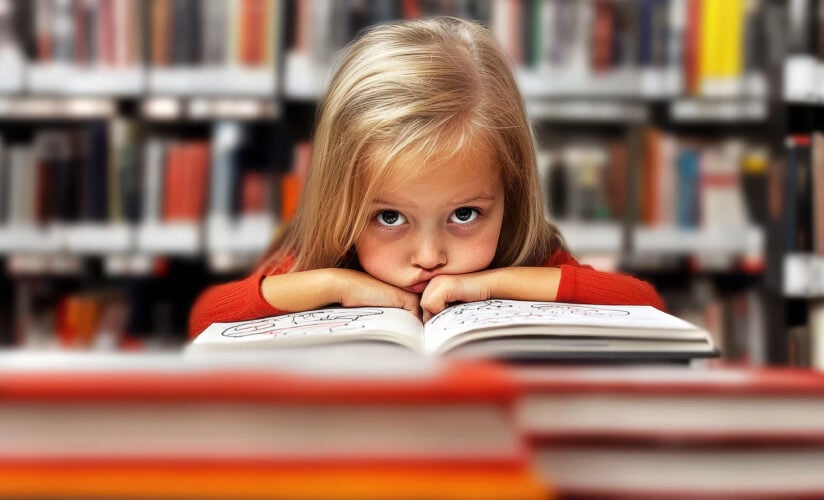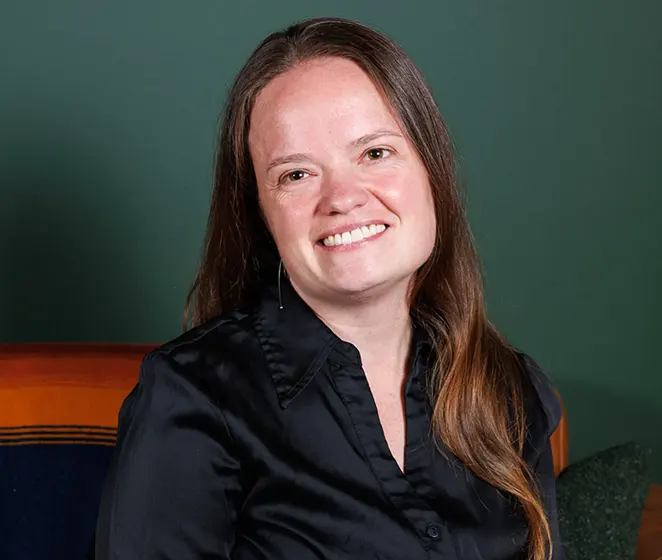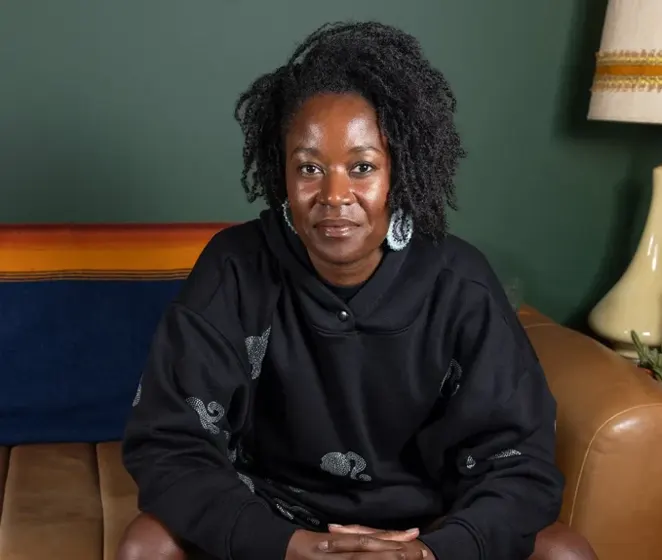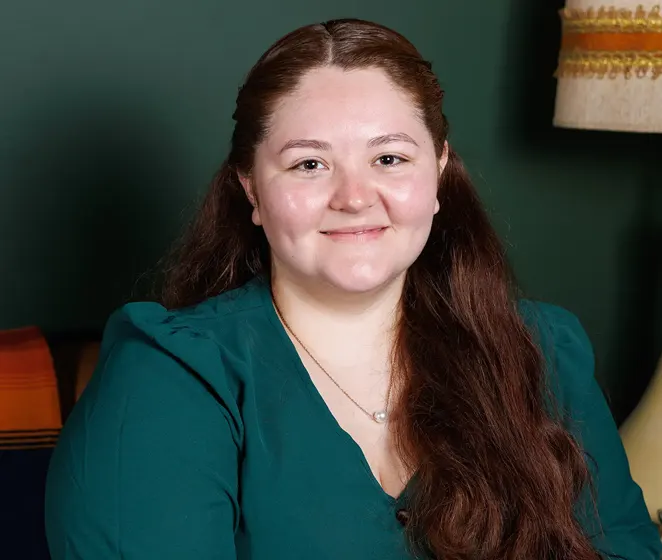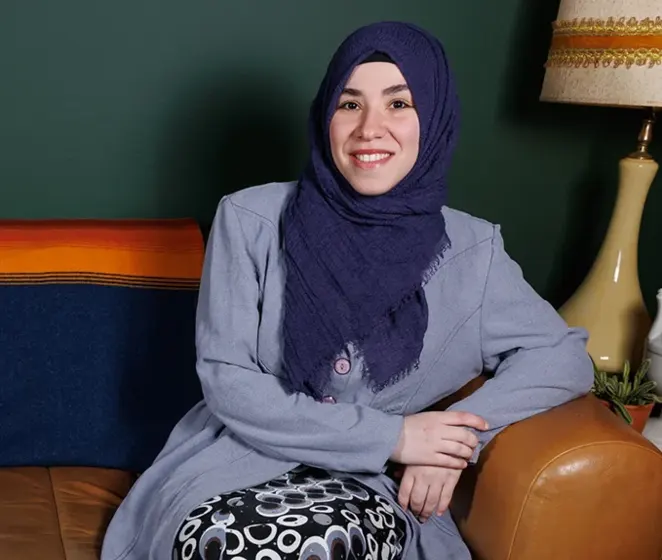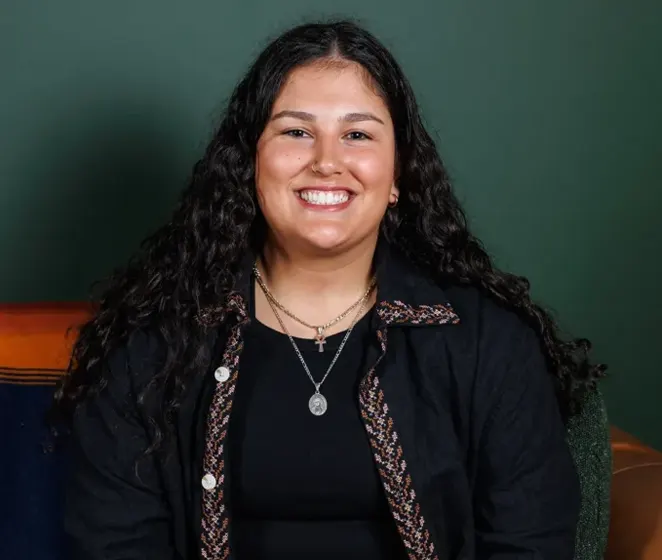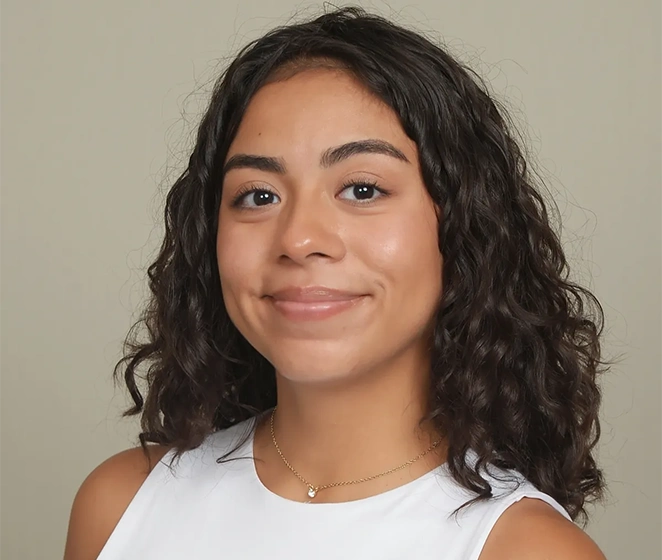by Intentional Spaces Psychotherapy
When a child struggles in school, it can stir up a mix of emotions for both parents and teachers. Worry about their future, frustration at not knowing how to help, and even guilt about whether enough is being done are all common feelings. It can be painful to watch a child who is bright, curious, and full of potential in so many areas of life suddenly hit a wall when faced with reading, writing, or math. These difficulties often feel puzzling, especially when a child excels in conversations, problem-solving, or creativity but continues to fall behind in traditional academic areas.
What is important to remember is that these challenges are not a reflection of laziness or a lack of intelligence. They may instead be signs of a learning disability, something that millions of children and adults live with every day. Unfortunately, many learning disabilities go unrecognized, leaving children to carry the weight of repeated misunderstandings and misplaced expectations. A child who is constantly told to “try harder” or “pay attention” may begin to internalize the idea that they are not good enough, even when their struggles stem from how their brain is wired rather than from effort or motivation.
Understanding what learning disabilities are, how they present, and what support looks like has the power to change the entire trajectory of a child’s life. It allows us to move away from labels such as lazy or inattentive and toward a recognition that children are simply processing and engaging with information in a different way. When we recognize that these children are not broken or incapable but instead need support that matches their learning style, we begin to replace shame and pressure with compassion, creativity, and empowerment.
This shift in perspective is not only academic but deeply emotional. Instead of seeing failure, we create growth opportunities. Instead of focusing only on what is hard, we highlight strengths such as creativity, persistence, or unique problem-solving abilities. By offering children the tools and encouragement they need, we nurture resilience and confidence that will serve them far beyond the classroom.
At its core, understanding learning disabilities means choosing to see the whole child, their gifts, their challenges, and their capacity to thrive when met with patience and support.
What Are Learning Disabilities?
Learning disabilities are differences in the way the brain processes information. These differences can affect a wide range of skills, including reading, writing, math, organization, memory, and attention. They are lifelong, which means they do not disappear with age. However, with the right support and strategies, children and adults with learning disabilities can thrive academically, professionally, and personally.
It is very important to understand that a learning disability does not mean a child is less intelligent. Many children with learning disabilities are highly creative, resourceful, and capable in areas that traditional school systems often overlook. They may be problem solvers, visual thinkers, artists, inventors, or strong leaders. Their intelligence is not diminished because they struggle with reading or math in the way it is taught in schools. What they need is not additional pressure to try harder but new methods and tools that honor the way they learn best.
Some of the most common types of learning disabilities include difficulties with reading, often called dyslexia. Dyslexia can make it hard to decode written words, recognize sounds, or process language. Others may experience dyscalculia, which creates challenges in understanding math concepts such as number sense, calculations, and patterns. Dysgraphia affects writing, making handwriting, spelling, and organizing thoughts on paper especially difficult. Some children have auditory or visual processing disorders, meaning that even though their hearing and vision are healthy, their brains struggle to interpret and make sense of what they hear or see. There are also nonverbal learning disabilities, where children may excel in language but face difficulties in motor coordination, spatial awareness, or understanding social cues.
Early Signs Parents and Teachers Should Look For
Recognizing learning disabilities early can make a tremendous difference in how a child experiences school and in how confident they feel in their ability to learn. While every child develops at their own pace, some patterns can signal the need for further support.
A child may consistently struggle with reading, perhaps mixing up letters or words, or avoiding reading altogether. They may have difficulty remembering instructions, following multi-step directions, or organizing their tasks. Some children show ongoing struggles with math concepts such as telling time, counting money, or understanding simple equations. Others may write with poor handwriting, reverse letters, or struggle to get their ideas down on paper.
Parents and teachers may also notice that a child avoids homework, feels easily frustrated by schoolwork, or expresses negative beliefs about their intelligence. If these patterns continue for a long period of time, they may be signs of a learning disability rather than a lack of effort. Adults must trust their instincts in these situations. As a parent or teacher, you may be the first to notice that something deeper is happening beneath the surface.
The Emotional Impact of Learning Disabilities
One of the most overlooked aspects of learning disabilities is the emotional weight they carry. A child who is repeatedly told to try harder or pay attention may internalize the idea that they are failing. Over time, this can create deep feelings of frustration, anxiety, and low self-esteem. It may even lead to a refusal to participate in school activities or to give up before even trying.
Children with learning disabilities are also highly aware of how they compare to their peers. Watching other students grasp concepts with ease while they continue to struggle can be painful and isolating. Without proper support, these children may begin to see themselves as less capable or less intelligent, even though that is not true. Emotional support is therefore just as important as academic support. A child who feels seen, encouraged, and valued is much more likely to stay motivated and resilient in the face of challenges.
Supporting Children With Learning Disabilities
The good news is that with the right support, children with learning disabilities can flourish. Early recognition and intervention are powerful tools, but it is never too late to help a child or teenager who is struggling. Support can take many different forms, and it often requires collaboration between parents, teachers, and professionals.
Some of the most effective supports include:
- Individualized Education Programs (IEPs) or 504 Plans: Schools can create structured accommodations that meet a child’s unique needs. This might involve extra time on tests, alternative formats for assignments, or specialized instruction designed to match their learning style.
- Specialized tutoring and interventions: One-on-one or small-group sessions focused on reading, writing, or math can help children build skills in a way that feels manageable and empowering rather than overwhelming.
- Assistive technology: Tools like audiobooks, speech-to-text software, and interactive math apps make learning more accessible by offering different ways to process and understand information.
- Therapy and counseling: Professional support provides children with a safe place to process the frustration, anxiety, or self-esteem challenges that often accompany learning differences.
- Parent advocacy and teacher collaboration: Children thrive when parents and teachers work together to provide consistent encouragement, structure, and understanding across both home and school environments.
Each of these forms of support plays a role in helping children know they are not alone in their journey. When the right tools and encouragement are in place, children with learning disabilities can not only succeed academically but also grow in confidence and resilience.

Shifting the Narrative
Perhaps the most important shift we can make is in how we talk about learning disabilities. Instead of seeing children as behind, struggling, or failing, we can see them as learners who simply need a different path. When we reframe learning differences as diversity in how brains process information, we create space for children to feel valued and respected.
Celebrating strengths is just as important as addressing challenges. A child with dyslexia may struggle with reading but excel in storytelling, art, or leadership. A child with dyscalculia may find math confusing but show brilliance in music or problem-solving. When we highlight these strengths and balance them with practical tools, children learn to see themselves as capable and resilient rather than broken or deficient. This narrative shift allows them to grow into adults who know their worth is not defined by grades or standardized test scores.
Need Support?
If you are a parent, teacher, or caregiver noticing signs of a learning disability in a child you care about, you do not have to figure this out on your own. It is normal to feel overwhelmed by questions such as where to start, how to advocate, or what strategies will work best. Support can make a tremendous difference, both for the child and for you as the adult walking alongside them.
Therapy and parent guidance can help you process the emotional challenges, learn how to advocate effectively within school systems, and develop strategies that truly fit your child’s needs. Many parents discover that having a supportive place to ask questions, reflect, and receive encouragement changes the way they approach their child’s education. Teachers, too, can benefit from guidance in creating classroom spaces that are inclusive, compassionate, and effective for all learners.
At Intentional Spaces Psychotherapy, we believe that every child deserves the opportunity to learn in a way that honors their strengths and supports their challenges. We walk alongside families as they navigate the realities of learning disabilities, providing both emotional support and practical tools that make daily life more manageable. With the right support, children can not only succeed academically but also grow in confidence, self-worth, and resilience.
If you are ready to begin this journey, we invite you to reach out today to schedule a consultation and explore how we can support you and your child.

